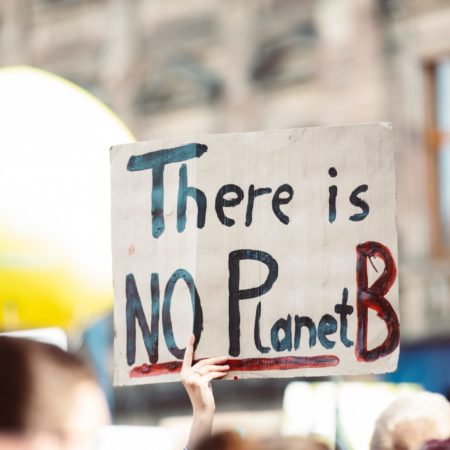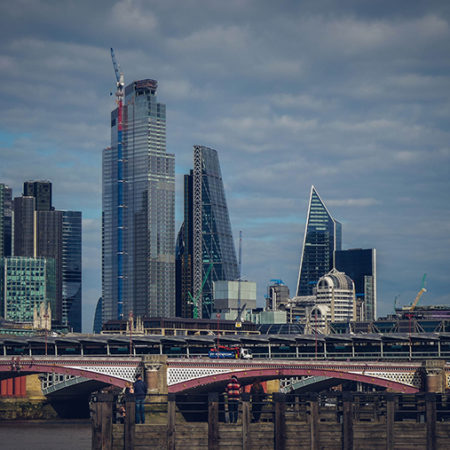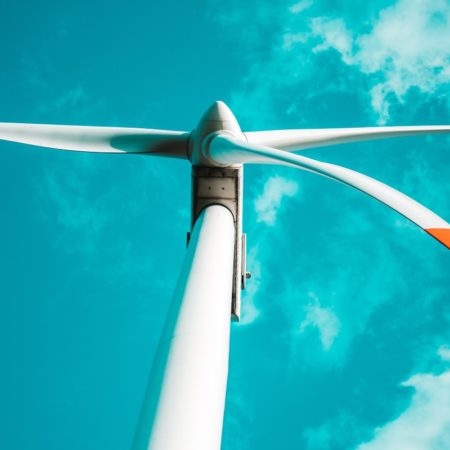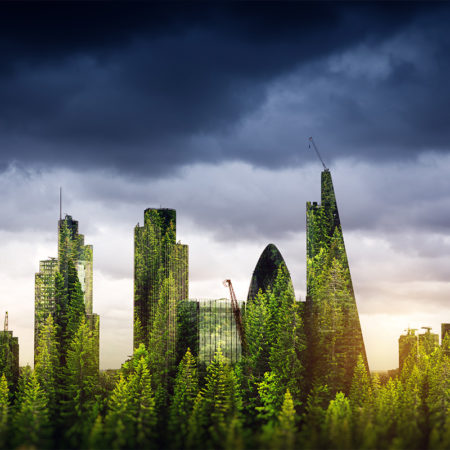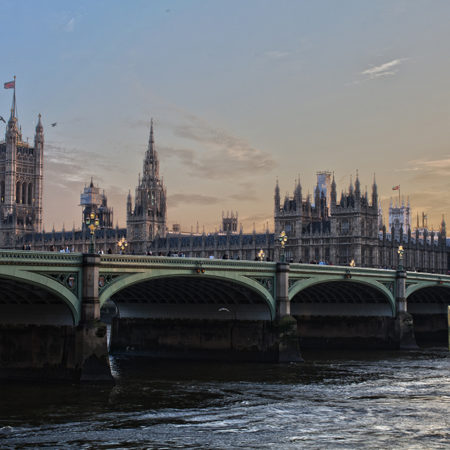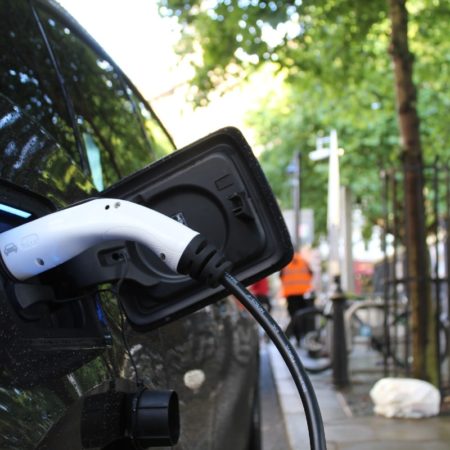What new policy progress on net zero has come since COVID-19, and what still needs to be done?
Despite potential pandemic warnings, the sheer force of COVID-19 has shaken the world’s societies, governments and businesses to their very core.
Yet within this embattled scenario, many notable signals appeared; carbon emissions fell during lockdown, analysts wondered whether the pandemic might raise the profile of the climate crisis and spell sharper action to alleviate future harm.
So, in the COVID-19 era, is the virus hampering climate progress, or is government taking the chance to ‘build back better’? And what does it mean for corporates tasked with navigating this strange new world towards net zero?
The advisory viewpoint
Little research is needed to find encouraging voices on the virus and low carbon; evidenced by The Committee on Climate Change (CCC) which offers independent advice to government on building a low-carbon economy and preparing for climate change.
In June, it said ministers must seize the opportunity to turn the COVID-19 crisis into a defining moment in the fight against climate change.
CCC Chairman, Lord Deben, said: “The UK is facing its biggest economic shock for a generation. Meanwhile, the global crisis of climate change is accelerating.
“We have a once-in-a-lifetime opportunity to address these urgent challenges together; it’s there for the taking. The steps that the UK takes to rebuild from the COVID-19 pandemic can accelerate the transition to a successful and low-carbon economy and improve our climate resilience. Choices that lock in emissions or climate risks are unacceptable.”
CCC has released a bespoke report, including new advice to the UK government on securing a green and resilient recovery following the COVID-19 pandemic.
CBI response
CCC isn’t alone in its analysis. The CBI speaks on behalf of 190,000 businesses, which together employ nearly seven million people, about one-third of the private sector-employed workforce.
CBI has released a paper; ‘Principles for a low-carbon, sustainable and net-zero aligned economic recovery post COVID-19.’
It spots a unique alignment: ‘The tools needed to achieve net zero can also help the UK economy get back on its feet, and tackle challenges like unemployment, lagging productivity, and levelling-up regions.’
CBI also says any recovery programme must include the transition to net zero emissions and climate resilience at its heart, to ensure we build a better future with a clean economy that is resilient to future economic and environmental threats.
So, plenty of top level voices are calling out for UK government to build Coronavirus lessons into futureproofing our economy and society. Is anyone listening?
Boris Johnson speaks out
Business Green reports that back in June, Boris Johnson said that with greenhouse gas emissions having dramatically dropped as a result of business and industry shutdowns to stem the spread of Covid-19, there was now a need to entrench those gains once the lockdown lifts.
“Inadvertently, the planet this year will [have] greatly reduced its CO2 emissions… we need to entrench those gains,” Johnson said. “I don’t want to see us going back to an era of the same type of emissions as we’ve had in the past. Aviation like every other sector must keep its carbon lower.”
The PM used his appearance in Parliament to stress his government’s commitment to delivering the UK’s 2050 net zero emissions goal, despite the current focus on tackling the coronavirus crisis.
He also told the Commons that despite having to postpone the UN COP26 Climate Summit until next year “Our enthusiasm and determination to get to net zero by 2050 remains undiminished,”
So the words are there, but the strategy A New Deal for Britain, released at the end of June, didn’t really put out any clear signals.
Under the heading ‘Promoting a clean, green recovery,’ the government promised to build on net zero emissions commitments and deliver a stronger, cleaner, more sustainable economy after this pandemic.
But the policy didn’t spread too much joy among corporates. It offered the world’s first zero emission long haul passenger aircraft, along with up to £1bn to attract investment in electric vehicle supply chains and R&D to the UK plus various planning changes and a possible price for carbon capture.
The consensus was that by and large it appeared a little toothless.
Where now?
The government has been dealing with an unprecedented scenario in Coronavirus, and it is to a degree understandable that pivoting the economy to a green, net zero based recovery may be challenging whilst the virus remains at large.
Mark Carney, United Nations special envoy for climate action and finance, said in a recent leading through change discussion with SalesFocre ‘climate is COVID on steroids. You can’t self-isolate from it, we’re all going to be brought into it.’
But UK corporates will be seeking assurances that commitments they may make to finance up changes to help deliver internal progress on net zero will be matched by the government’s direction of travel, while both parties seek to maintain an economy under unprecedented pressure plus services and goods for anxious consumers.
The scenario is complex, challenging and evolving. Given its intense involvement in the medical side of the virus, perhaps the final word should go to Imperial College London, which has released ten policy measures to support the economy in a successful net zero-aligned Covid recovery.
‘Economic growth will be a high priority for all countries in the months and years following COVID-19,’ it writes. ‘The transition to net zero emissions can significantly contribute to the recovery.’












